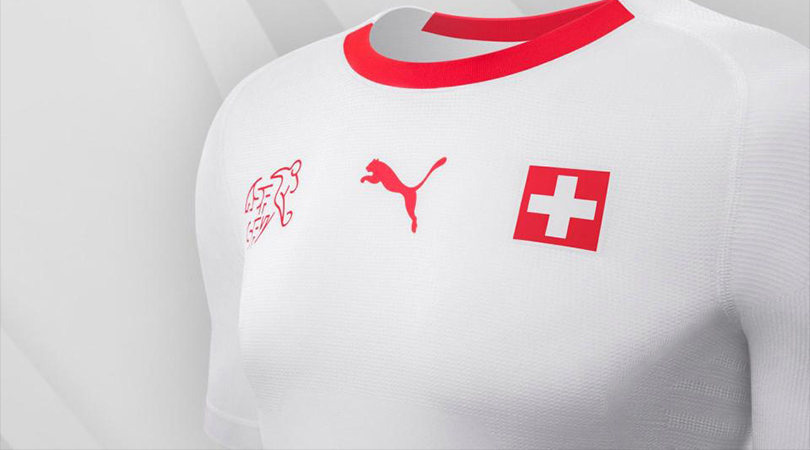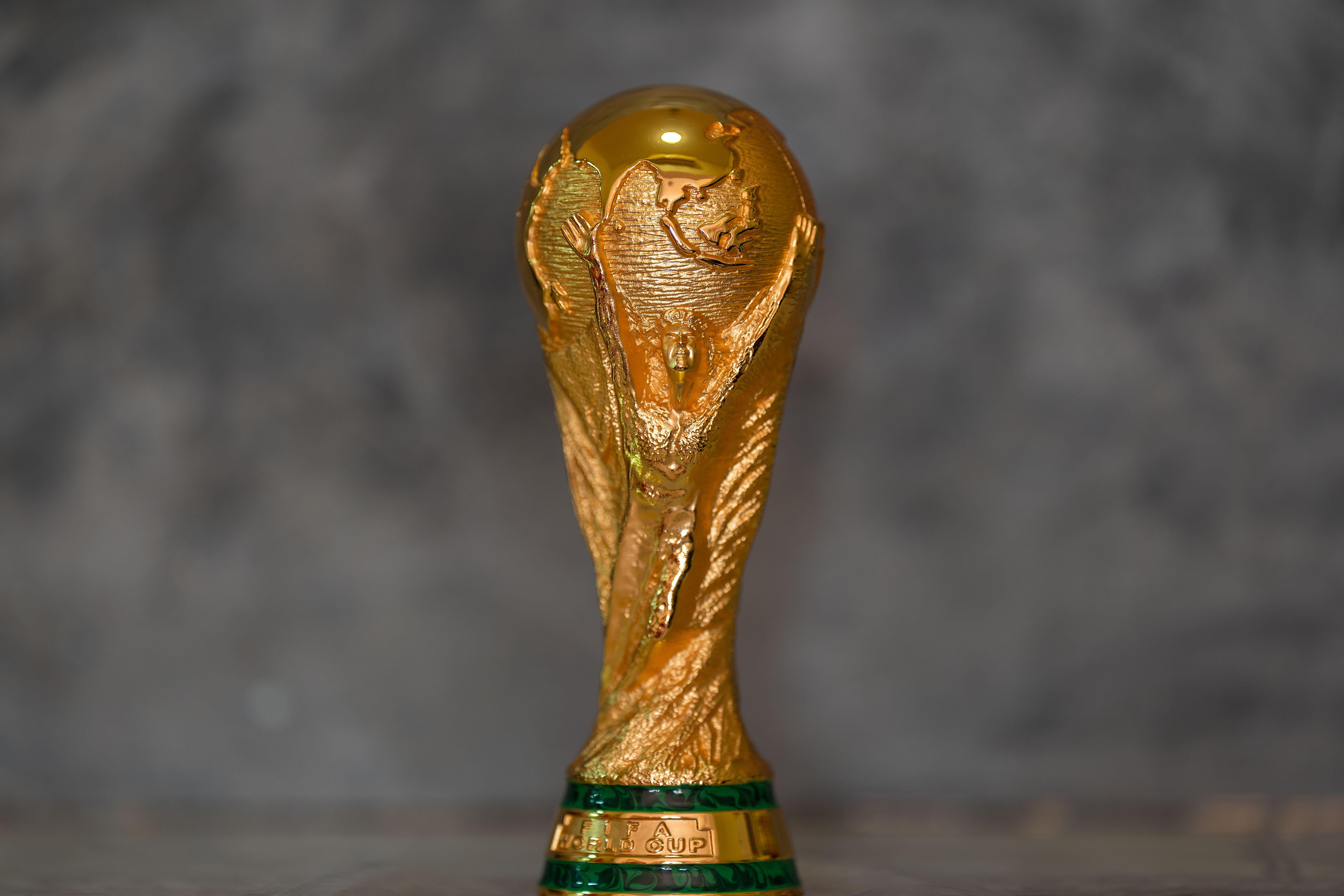UEFA Women's Euro 2025: Dates, fixtures, stadiums, tickets and everything you need to know
Women's Euro 2025 kicks off next year - and England's Lionesses will try and defend their European Championship title in Switzerland

UEFA Women's Euro 2025 is just a few months away. It's one thing to win a major international tournament, but to defend your title is something else entirely.
Sarina Wiegman led England's women to their first-ever major title in 2022, but the Lionesses will have to go again this summer when they defend their trophy in Switzerland.
After losing out to Spain in the 2023 World Cup final, the Lionesses will head to Switzerland with a point to prove as they get set for the 14th edition of the tournament which was first played in 1984. Excitement is building and here is everything you need to know about the competition - be sure to bookmark this page as we will keep it up to date with all of the latest news and developments.
Where will the Women's Euro 2025 take place?

Where will the Women's Euro 2025 take place?
Euro 2025 will be hosted by Switzerland for the first time in the competition's history.
This will be the first major international tournament that Swizerland have hosted since they co-hosted the men's Euro 2008 with Austria, while the 1954 World Cup was also played in the country.
The tournament was award to Switzerland in 2023, getting the nod ahead of bids by Poland, France a 'Nordics 2025' bid from Denmark, Finland, Norway and Sweden.
Tournament format
How many teams will be at the Women's Euro 2025?
A total of 16 teams will take part in Euro 2025, following the qualification campaign which saw 51 teams aim to book a place at the tournament.
Get FourFourTwo Newsletter
The best features, fun and footballing quizzes, straight to your inbox every week.
The 16 teams have been drawn into four groups of four teams, with the top two in each group qualifying for the knockout stage.
That stage will start with the quarter-finals and progress to the semi-finals and final, with extra-time and penalties used to decide the winner if necessary.
Dates and fixtures

What are the dates for the Women's Euro 2025?
Euro 2025 will kick-off on July 2, 2025 and the final will be played on July 27, 2025.
Group stage | July 2 - July 13 2025 |
Quarter-finals | July 16 - July 19 2025 |
Semi-finals | July 22 - July 23 2025 |
Final | July 27 2025 |
Qualified countries

Which countries have qualified for the Women's Euro 2025?
- England (holders)
- Belgium
- Denmark
- Finland
- France
- Germany
- Iceland
- Italy
- Netherlands
- Norway
- Poland
- Portugal
- Sweden
- Spain
- Switzerland (hosts)
- Wales
Hosts Switzerland qualified for the tournament automatically, while the other nations had to go through qualifying.
The highest ranked team among those who have qualified are Spain, the current world champions.
Why don't England get automatic qualification as reigning Euro winners?
Unlike previous convention in the men's game, where FIFA and UEFA granted the winners of the previous competition enter into the next tournament as holders, winners of the Women's European Championship have always had to qualify for the next tournament.
Groups
What are the groups for the Women's Euro 2025?
The group draw took place on 16 December and here is how they were drawn:
Group A
Switzerland, Norway, Iceland and Finland
Group B
Spain, Portugal, Belgium and Italy
Group C
Germany, Poland, Denmark and Sweden
Group D
France, England, Wales and the Netherlands
Kick-off times
What are the kick-off times for the Women's Euro 2025?
We know the dates and venues for the group stage and knockout round and the kick-off times were confirmed after December's draw for the group stage.
During the group stage there will two matches played per day, one kicking off at 5pm BST and the other at 8pm BST.
There will be one game a day when we get to the knockouts. Each quarter-final and semi-final will kick-off at 8pm BST and the final will take place at 5pm BST.
Stadiums
These are the Euro 2025 stadiums:
- St. Jakob-Park, Basel: 38,512
- Stadion Wankdorf, Bern: 31,783
- Stade de Geneve, Geneva: 30,084
- Letzigrund, Zurich: 26,104
- Arena St. Gallen, St. Gallen: 19,694
- Allmend tadion Luzern, Lucerne: 16,800
- Stade de Tourbillon, Sion: 16,263
- Arena Thun, Thun: 10,398
Women's Euro 2025 final
Where is the Women's Euro 2025 final?
The Euro 2025 final will be played at St. Jakob-Park in Basel.
With a capacity of 38,512, it is Switzerland's largest football venue and is the home of FC Basel. The stadium was opened in 2001, when it replaced the former St. Jakob Stadium that was originally built for the men's 1954 World Cup, where it hosted six matches, including England's quarter-final defeat to Uruguay and West Germany's 6-1 thrashing of Austria in the semi-final.
St. Jakob-Park hosted six games at the men's Euro 2008, including Switzerland's three group-stage matches and was also the venue for the 2016 Europa League final that saw Sevilla defeat Liverpool 3-1.
Tickets
When will Women's Euro 2025 tickets be on sale?
Tickets for the tournament went go on sale on October 1, 2024.
More than 720,000 tickets were be available, with prices ranging from CHF25 (£22/$29/€26) for Group Stage and quarter-final matches, with category one tickets for the final costing CHF90 (£80/$106/€95).
Fans are still able to get tickets on the Uefa website here.
Official match ball
What is the official match ball at the Women's Euro 2025?

The official match ball was revealed in December just before the group draw and Adidas have replaced Nike as the supplier.
The ball is called KONEKTIS and the design represents landmarks from each of the host cities.
Uefa added on the design: "The ball’s design is inspired by the mountainous landscape of tournament hosts Switzerland, featuring iconography of prominent architectural landmarks from each of the eight host cities.
"Set against a pearlescent background, the ball features striking jagged-edged block patterns in red, blue, purple, orange and green accents – designed to reflect the silhouette of the Alps mountain range that punctuates the landscape."
The ball also has Connected Ball Technology, a first for a women's Euros, which enables faster and more accurate VAR decisions.
The ball is available to purchase on Adidas.com.
Official mascots
What is the mascot for the Women's Euro 2025?

The Euros 2025 mascot was unveiled in November as a Saint Bernard puppy called Maddli.
The name of the mascot is inspired by Madeleine Boll, the first ever female licensed footballer in Switzerland.
Saint Bernard, the breed of the puppy, was also chosen because of its links to hosts Switzerland. They are rescue dogs from the country and the Uefa website said: "They are admired for their bravery, gentle nature, and remarkable ability to assist in life-saving missions in challenging alpine environments."
Former Switzerland international and tournament ambassador Lara Dickenmann added: “Maddli’s energy, passion, and love for football perfectly capture the spirit of this tournament and our beautiful country.
"I believe she will inspire young fans across Europe, and I cannot wait to see her bring joy and excitement to fans throughout this incredible event in Switzerland.”
For more than a decade Joe Mewis has worked in football journalism as a reporter and editor, with stints at Mirror Football and LeedsLive among others. He is the author of four football history books that include times on Leeds United and the England national team.
- Sarah RendellWomen's football editor

